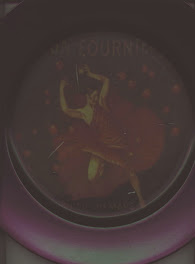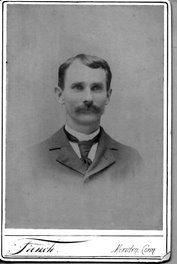Like Minds is a short story by Robert Reed, published in the Oct/Nov 2003 issue of the SF magazine, Fantasy & Science Fiction.
The story is set in the near future. It posits the existence of alternate universes, in which small differences may have sent history in many different directions. Humans have access to all the technologies of unlimited versions of Earth and its history, through an artifact of unknown origin that was found out in space. On our Earth, this has resulted in providing everyone with the means to live comfortably. People don't have to work.
Faced with dizzying choice, many have stayed with something familiar: themselves. They want to find out what other versions of themselves have done in other universes. Since the possibilities are endless, then everything that possibly can happen, has happened, somewhere. So our protagonist, Josh, can obtain a video of himself having sex with the girl of his dreams, as long as she also has signed up for the program. Later in life, he wants to see a book he has written in another life. Each time he requests something, he has to give something that will then be available for someone else. Trading one of his term papers for a Pulitzer Prizewinning book certainly strikes me as trading up.
Josh, like most people who make this choice, doesn't do much with his life in his own universe. He does mature, and eventually he believes that all the versions of Josh are one soul, and perhaps that everything that exists is one soul. This somehow leads him to try to destroy the artifact that gives access to the alternate universes.
The story strikes me as a retelling of the story of Buddha, whose enlightenment includes the futility of all desires. It also reminds me of a Hindu/Buddhist concept of Maya, the world of appearances, and the necessity to be reborn and lead many different lives until one's soul is whole, at which point one's soul merges with the world-soul. The references to quantum physics theories may provide another metaphor.
There is much less interesting parallel character, The Divine One, a bloodthirsty, capricious, amoral god who is also a version of Josh. When last seen, he is beginning to take an interest in someone besides himself.
Robert Reed is an excellent storyteller and writer whose work often revolves around strong conflicts in ethics, and struggles for identity. Like Minds doesn't quite hold together as a story, but it certainly made me think.
Just Learning

Kitchen Studio
Sunday, June 3, 2007
Subscribe to:
Post Comments (Atom)









No comments:
Post a Comment